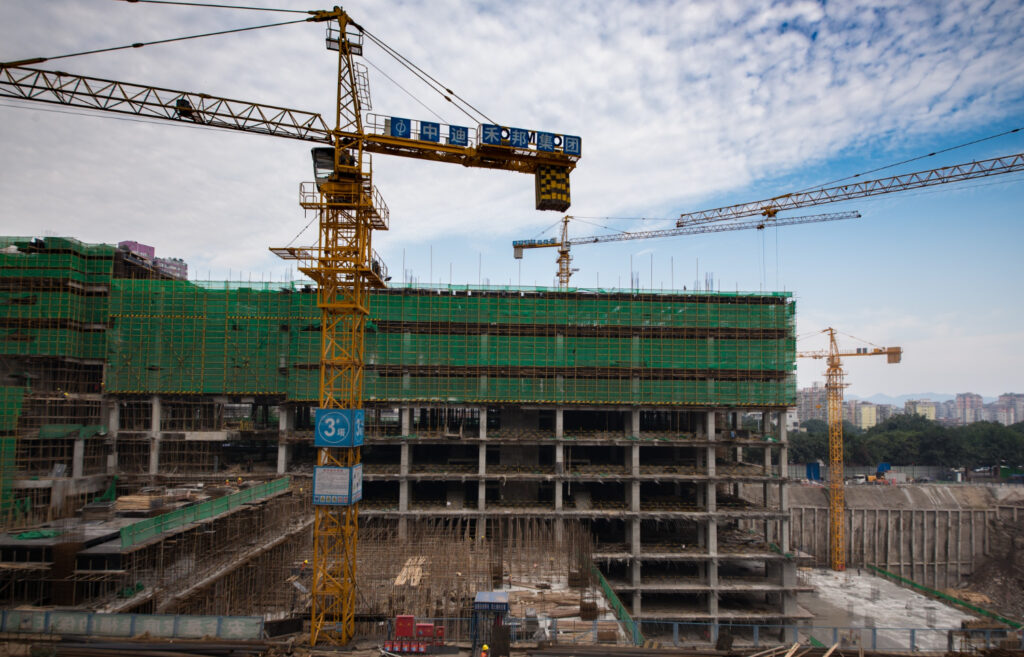STRUCTURAL ENGINEERING
Civil Contracts
Civil contracts in structural engineering refer to legally binding agreements between parties involved in the construction process, outlining the terms and conditions for the delivery of construction projects. These contracts govern various aspects of the project, including scope, timelines, costs, and responsibilities, ensuring clarity and accountability among stakeholders.
Key Features of Civil Contracts


- Scope of Work: Civil contracts define the specific tasks and responsibilities of each party involved, detailing what is included in the project and what is excluded. This clarity helps prevent disputes and misunderstandings during construction.
- Timelines and Milestones: Contracts typically outline project timelines, including start and completion dates, as well as key milestones. This helps in tracking progress and ensuring that the project stays on schedule.
- Cost and Payment Terms: The financial aspects of the contract include the total project cost, payment schedules, and terms for handling cost overruns or changes. Clear payment terms help maintain financial accountability throughout the project.
- Quality Standards: Contracts specify the quality standards and specifications that must be met during construction. This ensures that the completed project adheres to safety and performance requirements.
- Dispute Resolution: Effective civil contracts include provisions for resolving disputes that may arise during the project. This can involve mediation, arbitration, or other conflict resolution methods to minimize disruptions.
How Sascon Consultancy Can Help:
At Sascon Consultancy, we specialize in facilitating civil contracts in structural engineering projects, providing comprehensive support throughout the contracting process. With Sascon Consultancy’s expertise in civil contracts, you can navigate the complexities of construction agreements with confidence, ensuring a smooth and successful project execution.
